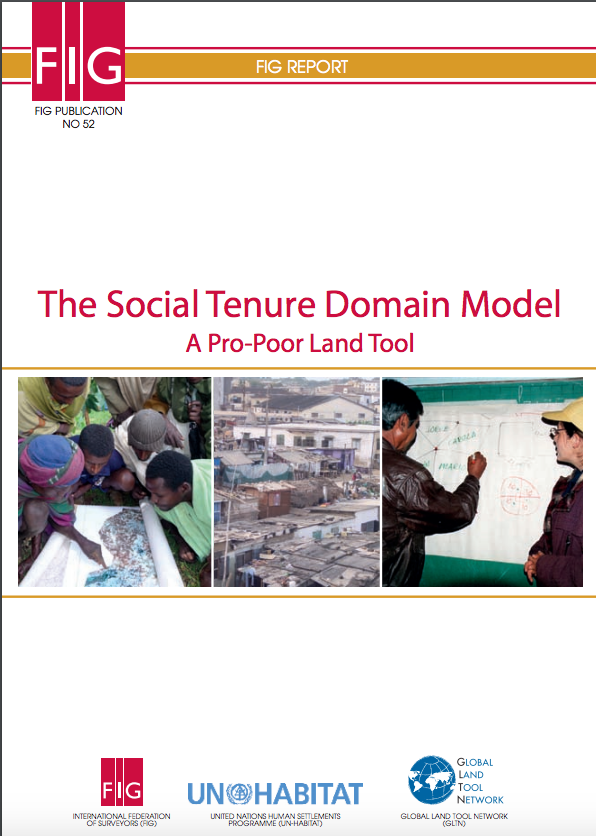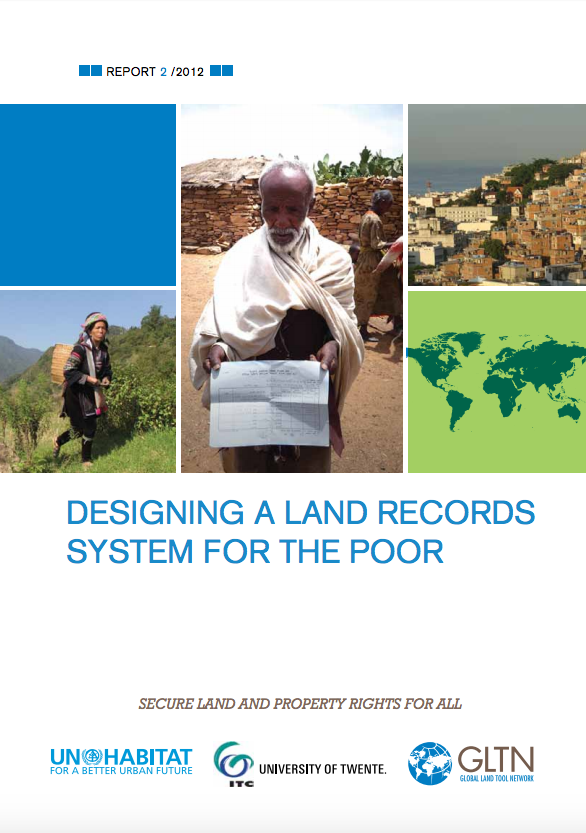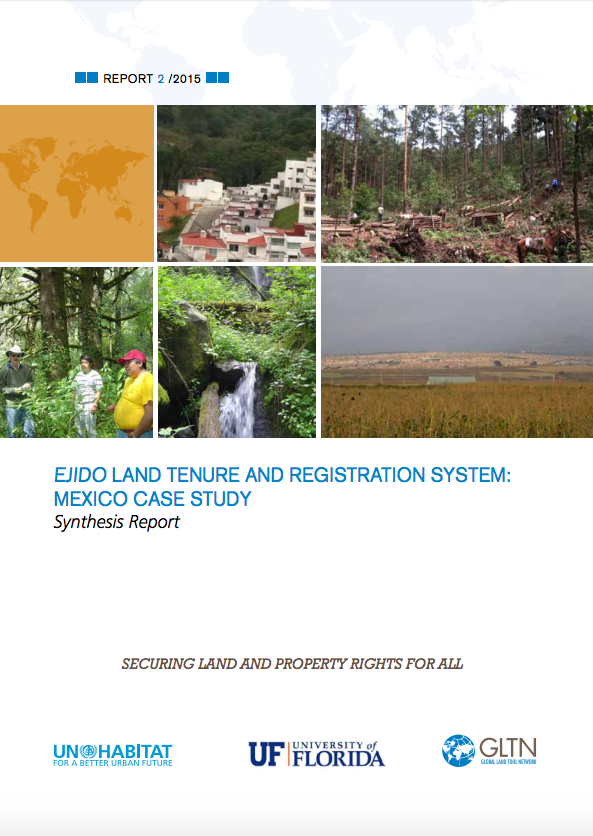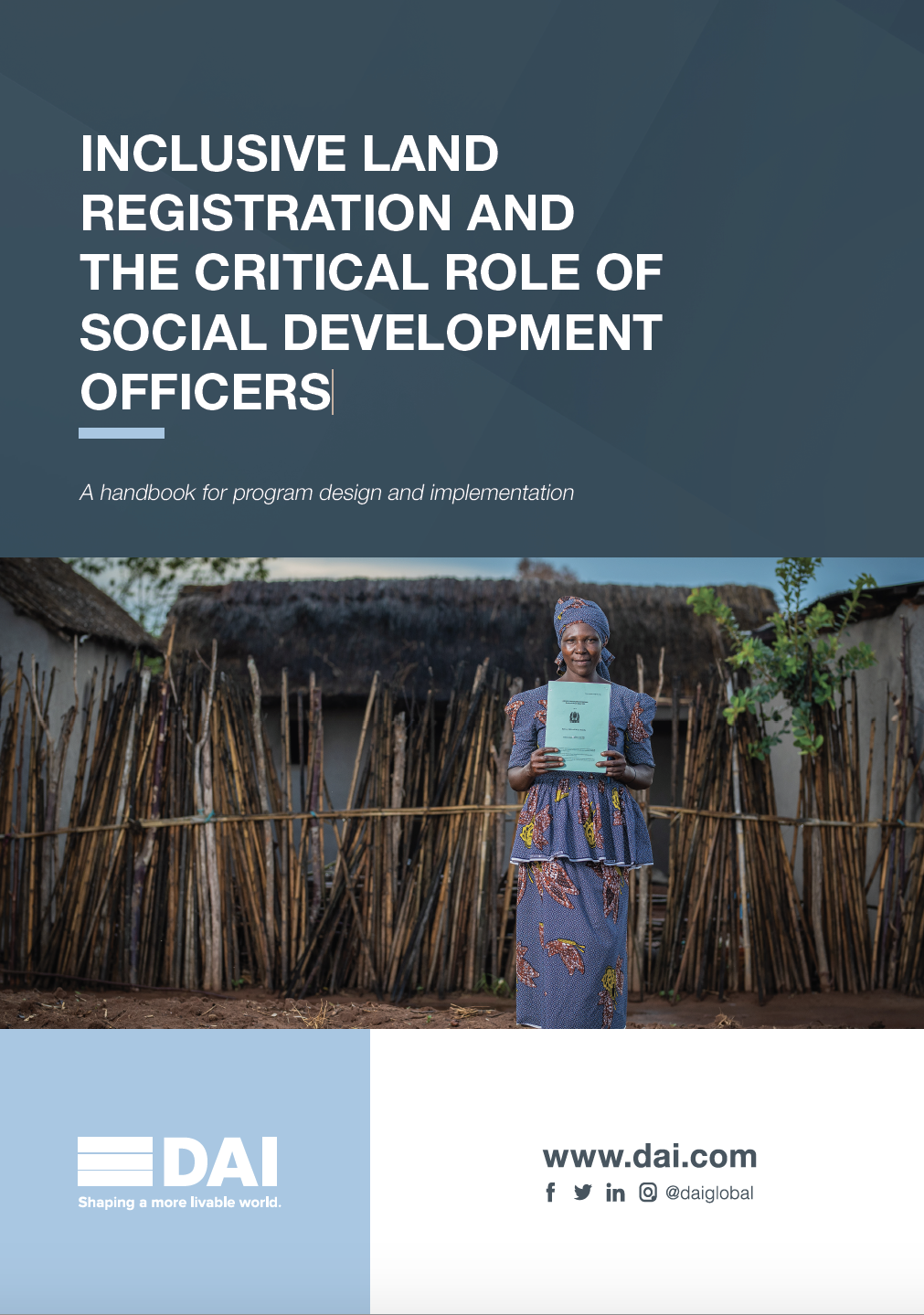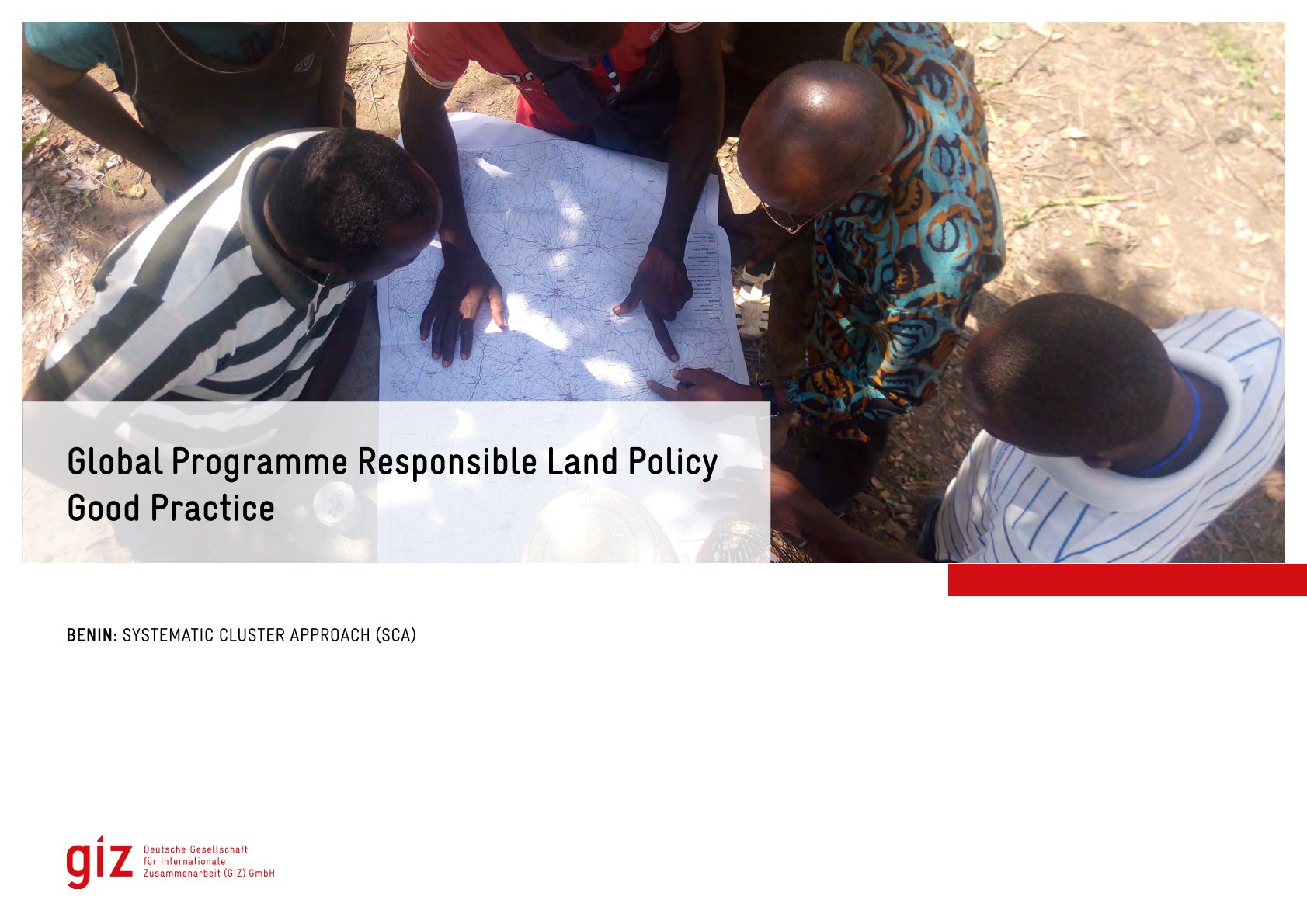Women’s Access to Land in Mauritania
Mauritania is a vast country covering
over a million square kilometers, where a relatively small
population of 3.5 million people lives on just one-fifth of
the country’s total area. With extremely advanced
desertification, the country is particularly vulnerable to
the impact of climate change and other external shocks. The
main sources of income in Mauritania are agriculture, which
is either irrigated or rain-fed, and livestock. This is


